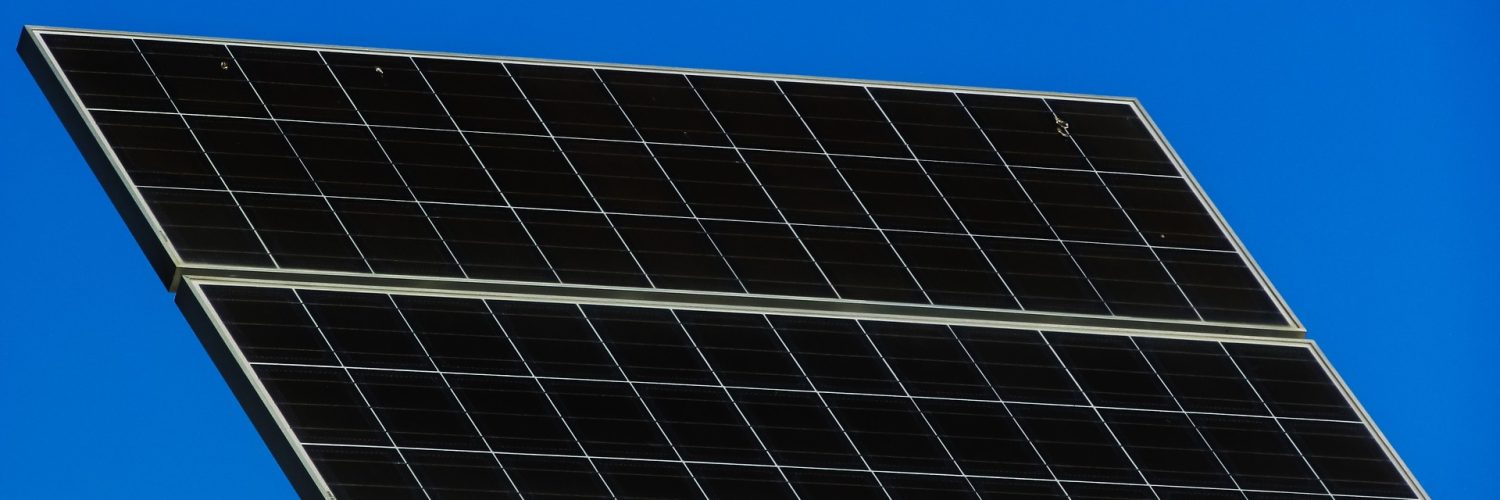The housing company bought electricity from the electricity company for the use of the property. In addition, it produced electricity with its own photovoltaic equipment, so that photovoltaics were used in the common areas of the housing company. Solar electricity in excess of this use was distributed to the locations behind the access point to the real estate network, ie to the shareholders of the housing company. The housing company sold the surplus electricity to the electricity company. Surplus electricity meant the excess electricity that was produced by the housing company’s photovoltaic equipment and which was not used in the housing company’s common areas or in the apartments managed by the shareholders. Surplus electricity was generated, for example, on very sunny days when a large proportion of residents were away from home.
The Supreme Administrative Court held that, on the basis of the overall assessment, the occasional and insignificant sale of surplus electricity by a housing company in the circumstances described in the order for reference should not be regarded as a business within the meaning of section 1 of the VAT Act. The housing company was therefore not required to pay VAT on the sale of surplus electricity.
Source: kho.fi
Latest Posts in "Finland"
- Finnish Court Clarifies VAT Exemption for Insurance Broker Service Packages
- Finland Approves Overhaul of Soft Drinks Tax
- Plans to lower the 14-percent VAT rate to 13.5% in 2026
- Finland Parliament Considers 2026 Budget Bill with Reduced VAT Rate Cut
- Global VAT Rate Changes: Finland, Fiji, and Ghana Updates for 2025-2026















